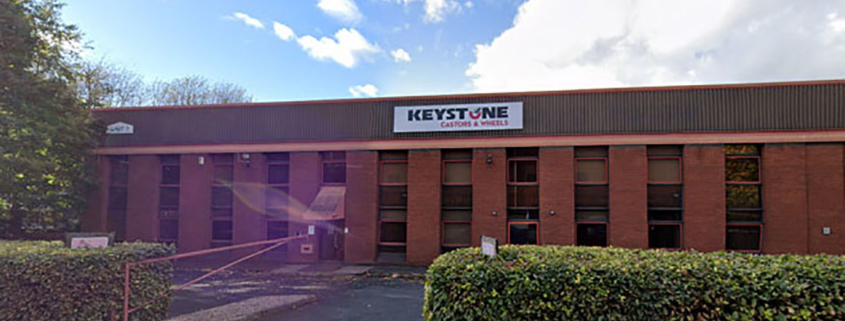Castor Wheels – The Basics
When investing in a castor, the castor wheel is an important consideration. There are many types and materials available and this can be confusing. This article aims to simplify choosing a castor’s wheel by breaking it down into the main wheel types and keeping it simple and usually enough for most customers to choose a wheel.
Castor wheel can be grouped into 2 main types:
- Hard Wheel Tread
- Soft Wheel Tread
The selection of the wheel type depends on the application. The following considerations about the application will need to be made. These are listed in order of importance:
- Load capacity required. Remember to include the weight of the equipment and the weight of the load to be carried. You can read more about load capacity considerations here.
- Floor Condition and properties:
- Is the floor flat, uneven, or bumpy?
- Is there swarf and/or other floor debris present?
- What floor preservation considerations do you need to make?
- For example, does the wheel need to be non-marking?
- Operating Considerations:
- Does noise matter?
- Will the castors be used frequently and for long periods? If so,
- Is user comfort critical?
- Would you prefer a lower cost wheel now knowing that it may need to be replaced more often?
- Would you prefer a more resilient wheel that has better wear resistance.
- Does vibrations and bumps cause your users, equipment or load being carried problems?
Once you know what is important to you, it is time to look at your wheel options.
Hard Tread Wheels
Hard wheels are often referred to as solid wheels. They are typically moulded, Machined or Cast from a single material. The most common are Nylon, Polypropylene, and Cast Iron
They are generally able to hold more weight than comparable sizes of soft tread wheel materials and usually less expensive for a given load capacity rating. Taken together with the fact that they have the lowest rolling and swivelling resistance, they are a very popular choice.
On the other hand, because they are hard, they do not supress any noise when being used. Furthermore, they do not absorb shocks and vibrations when they are travelling over bumpy or uneven surfaces and these will be transmitted unabsorbed to your unit.
The following is a brief outline of the features of each Hard Tread Material
- Nylon (Polyamide 6)
- High load capacity
- High strength, unlikely to break, high resistance to wear
- Does not damage concrete flooring and is non-marking
- Resistant to water and chemicals except for Chlorines and acids including, but not limited to, Chromic, Carbolic, Acetic, Sulphuric, Phosphoric, Nitric, and Muriatic acids.
- Polypropylene
- High load capacity
- High strength and unlikely to break
- Does not damage concrete flooring and is non-marking
- Extremely resistant to water, salts, greases, and alkalis
- Cast Iron
- Very high Load Capacity
- Wear resistant, long life and economical
- Not affected by swarf or other floor debris
Soft Tread Wheels
These wheels have a core or wheel centre commonly made from Nylon, Polypropylene, Aluminium or Cast Iron. A tread, or wheel tyre, is then bonded or pressed onto the centre. The hardness of the tread is given its Shore Hardness. In generally terms, the softer the tyre the lower its load capacity and the more susceptible it will be to picking up swarf and other floor debris.
The following list are the most common treads ordered typically from softest to hardest.
- Pneumatic
- Excellent Shock Resistance because they absorb unevenness on the ground
- Very quiet running
- Low rolling resistance on poor or bumpy surfaces
- Smooth operation and excellent user comfort
- Solid Rubber
- Quiet running
- Kind to floors
- Grey tyres are usually non-marking
- Elastic Solid Rubber
- Higher load capacity and lower rolling resistance over normal solid rubber tyres
- Quiet running
- High resistance to wear
- Excellent rolling performance and user comfort
- Blue or Grey tyres are usually non-marking
- Polyurethane
- Very high load capacity
- Low wear and strong
- Low running noise
- Resistant to oils, greases, petrol, and a wide range of chemicals
Now that you know the basics about castor wheels and what each broad wheel type is generally good for, you are ready to choose your caster or caster wheel. The choice can be overwhelming and if you are unsure or would like to discuss your choices, please do not hesitate to contact our technical sales team, or send an enquiry through our website.




